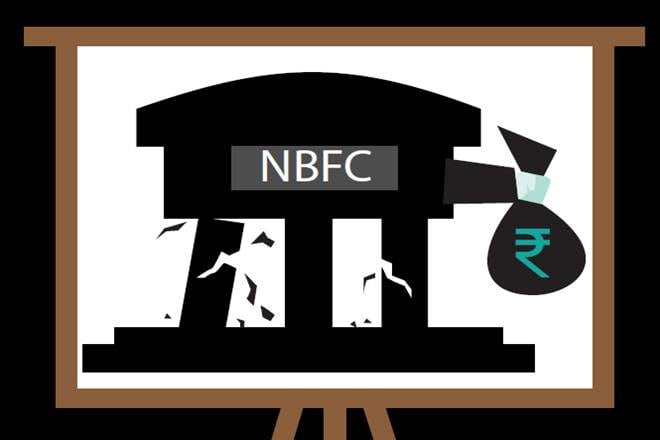The measures announced in the Budget aimed at freeing up liquidity for non-banking financial companies (NBFCs) and housing finance companies (HFCs) will make it easier for financiers to raise money and deliver credit to those untouched by banks, industry executives said.
Yet, some players rued that the Budget was a lost opportunity to set up a permanent refinance window for non-banks along the lines of National Housing Bank (NHB) for HFCs.
On Friday, the FM announced a slew of proposals aimed at making business easier to do for NBFCs, including a one-time six months’ partial credit guarantee to public sector banks (PSBs) for first loss of up to 10% against a purchase of high-rated pooled assets of financially sound NBFCs worth a total of `1 lakh crore during FY20.
NBFCs will no longer be required to maintain a debenture redemption reserve (DRR) for public issues. They will also have access to the TreDs platform for financing medium, small and micro enterprises (MSMEs).
At the same time, regulatory screws were tightened, with the regulation function for HFCs being moved to the RBI from the NHB. Within hours of the presentation of the Budget, the RBI issued a notification to the effect that it is frontloading the scheduled 1% increase in its facility to avail liquidity for liquidity coverage ratio (FALLCR), which was to happen in two phases in August and December, 2019.
It permitted banks to reckon with immediate effect the increase in FALLCR to the extent of incremental outstanding credit to NBFCs and HFCs over and above the amount of credit outstanding to these entities as on date. RBI said this will enable banks to avail additional liquidity of `1.34 lakh crore.
Rajnish Kumar, chairman, SBI, told a television channel that the bank would go for asset-pool buys as well as co-lending with NBFCs. “What we have to ensure as a lender is that the onward lending is quality lending,” Kumar said, adding, “So, the priority will definitely be the priority sectors. There we are giving support through asset purchases as well as through the co-lending model.”
Analysts at Icra pointed out that with the guarantee being available for only six months, banks are likely to opt for relatively shorter-term retail assets.


